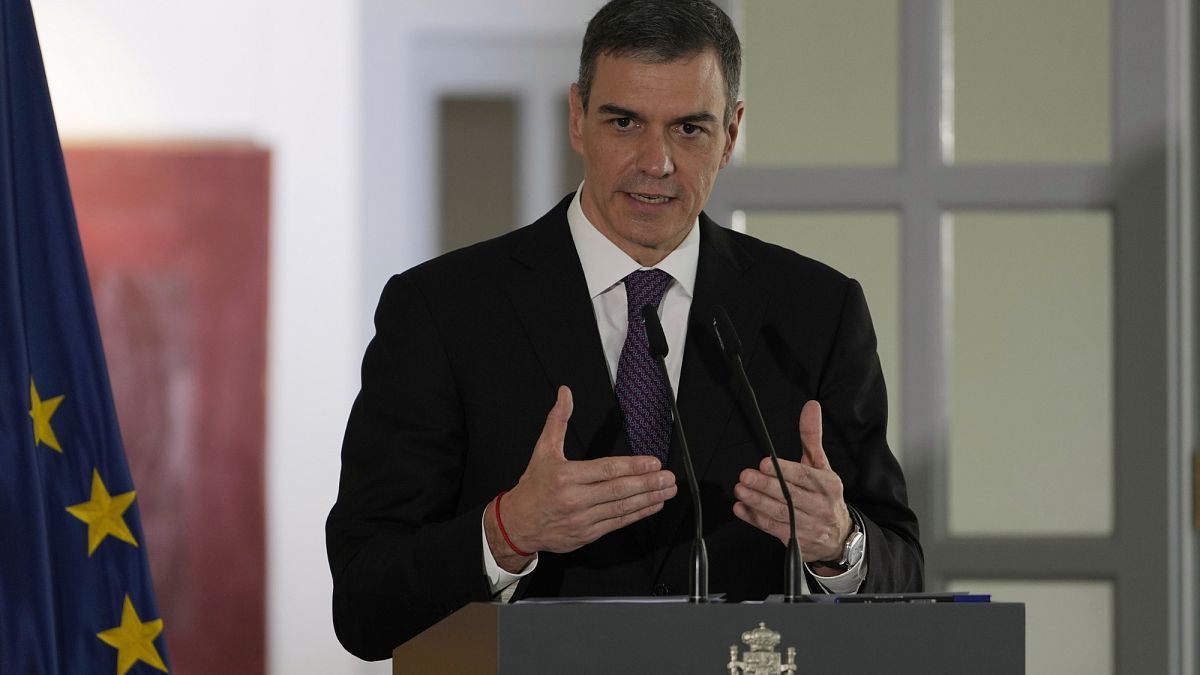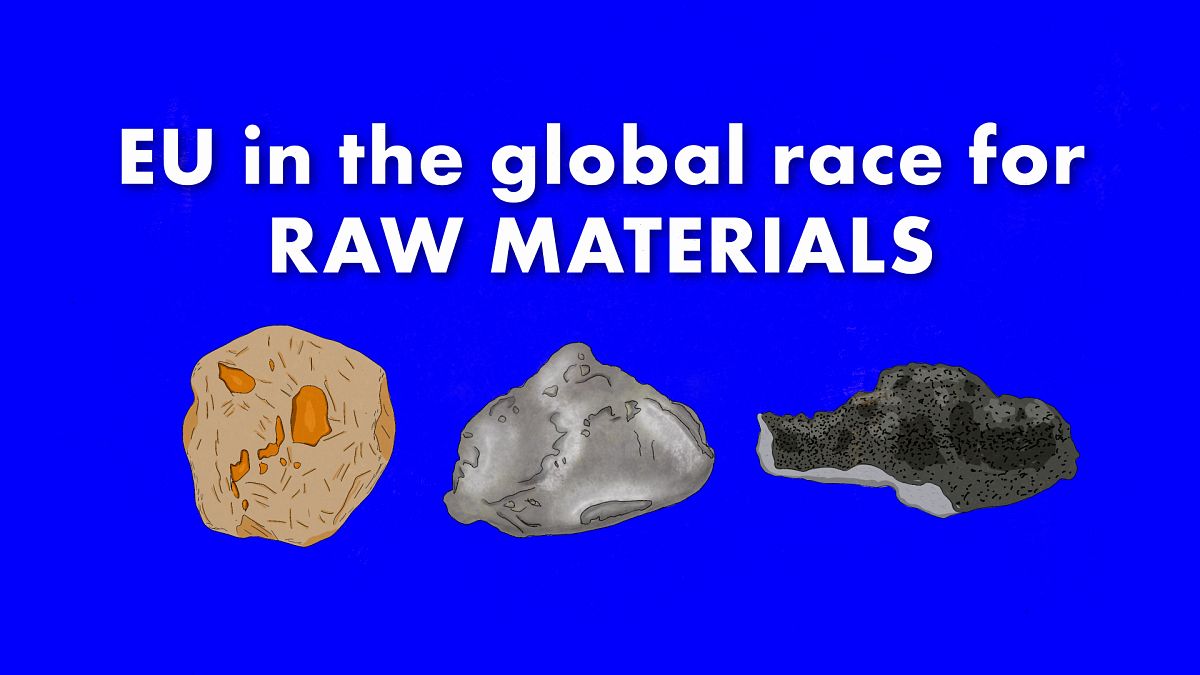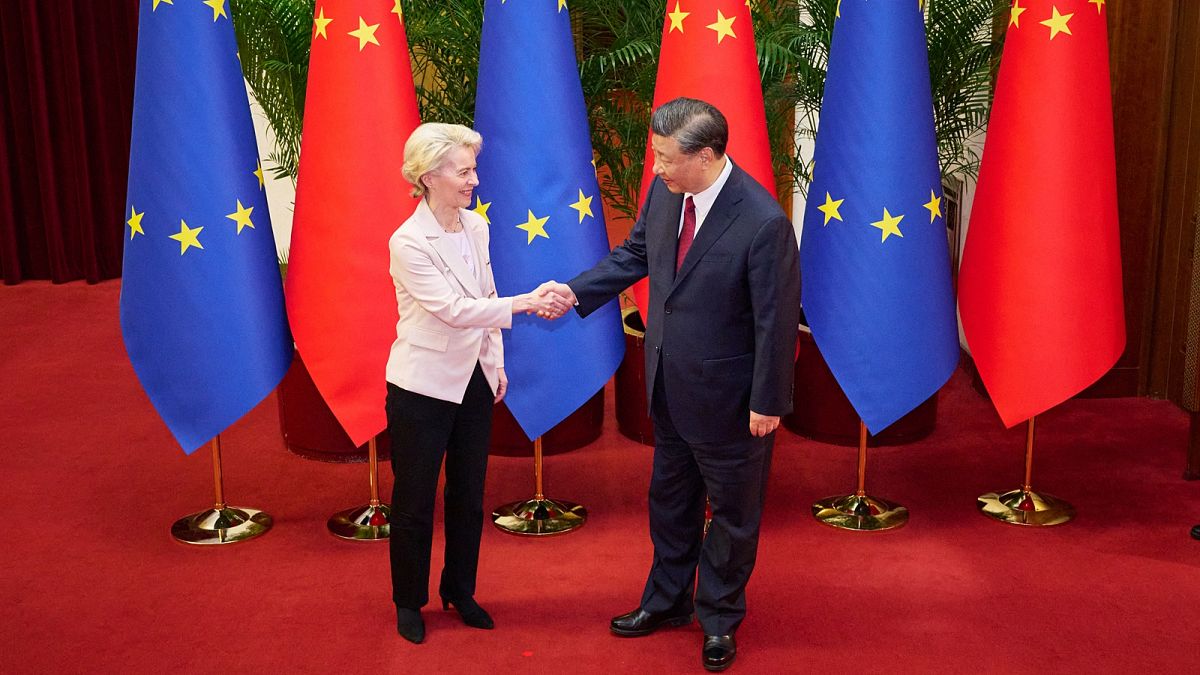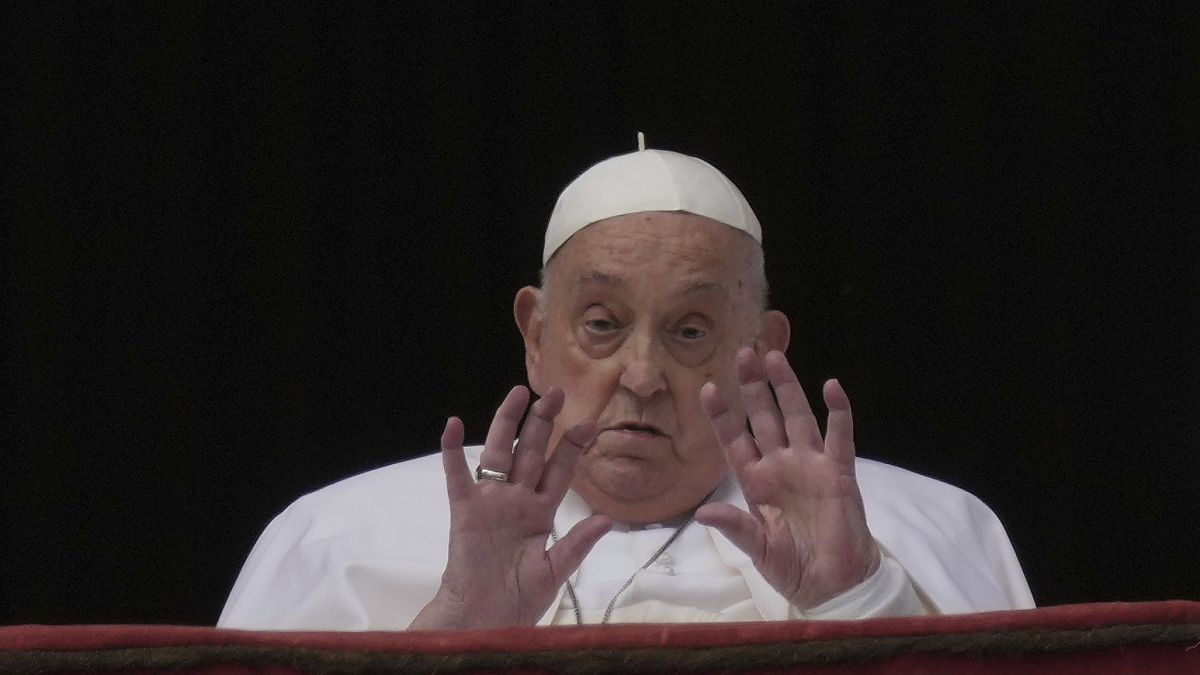Some hope a long-awaited new EU law will help the bloc attract innovative digital businesses — but it may have trouble competing with a new pro-crypto administration in the US.
Much-vaunted new EU crypto laws will take effect in just a few weeks, but Brussels lawmakers are already wondering if they’re going to lose out to the new administration of Donald Trump.
The EU’s new crypto framework is designed to keep markets in check, applying finance-style rules to protect traders who otherwise might fall victim to fraudsters or market manipulation.
Some argue this extra credibility could aid EU leadership in the innovative sector – but the US federal government is set to become even more pro-crypto as of January.
President-elect Trump has promised his government will hold a strategic stockpile of bitcoin – and news of his victory in early November sent the price of the cryptocurrency soaring to all-time highs.
That comes just as the sector prepares for the arrival of the EU’s Markets in Crypto Assets regulation, Mica, set to take full effect on 30 December.
"In a couple of weeks' time, the crypto asset ecosystem is in the process of being brought within the EU regulatory framework and supervisory fold,” Marcel Haag, deputy director-general at the European Commission’s financial services arm, told a largely crypto industry audience in Brussels on Thursday.
“The EU has been a global leader in providing a clear and predictable regulatory framework to allow for innovation, and at the same time protecting consumers and financial stability,” Haag said, adding: “Going forward, the EU must work to maintain that lead.”
Mica requires providers such as crypto exchanges to register with the authorities, and to meet minimum standards to segregate assets and prevent insider trading.
Other provisions on stablecoins – crypto tied to the value of assets like gold or the US dollar – took effect in June.
Transatlantic competition
Proponents argue the EU law can help the fledgling sector, but some lawmakers are now looking nervously at potential competition across the Atlantic.
"The crypto industry was sort of attracted to Europe by longer stability and predictability of rules,” Ondřej Kovařík (Czechia/Patriots for Europe) said, adding: “Traditional banks with a banking license have everything they need in Mica to issue stablecoins.”
“If the conditions change in the US side ... then I think the US can again be attractive,” he said.
He cites the need to trim non-digital-friendly finance laws, and Mica’s excessive reserve and redemption stablecoin rules – and hopes the topic will form part of early talks with a new Trump administration.
Other lawmakers are optimistic that Mica can help Europe catch up after decades of missed opportunity.
“I think we've lost the game on AI, because we regulated before it even appeared on the European scene,” Nikos Papandreou (Greece/Socialists and Democrats) told the same conference.
Mica “provided a space for these new technologies to develop, so if we missed web one and web two ... maybe we’re on board with web three,” he said, referring to successive waves of digital innovation: the birth of the internet, emergence of tech giants like Google and Facebook, and blockchain technology.
He fears more favourable US policy could cement the market dominance of US dollar transactions, supplanting European currencies – and adding to the case for the bloc to have a digital euro.
“With Trump's victory, stablecoins will become larger, so the importance for the ECB [European Central Bank] is to have sovereignty,” he said. “We need to have one extra tool in the bag of the ECB.”
Missing the point
For others, focusing on cryptocurrencies like bitcoin is missing the point.
"When we speak about what Trump has in his mind, we speak about crypto money,” Mathieu Michel told Euronews – but the Belgian minister favours looking at the technology’s other uses.
"My way to identify blockchain is more the way it can support public applications, regulated applications in the way it brings transparency and security,” said Michel, state secretary for digitisation in the federal government, adding: “Blockchain for governments is more important than cryptoassets.”
He’s interested in new public infrastructure called “Europeum” – a play on the name of well-known blockchain Ethereum – that he says could underpin online services like identity management, making it easier for citizens, say, to change their driving licence online.
For some, such centralised plans are a far cry from the free-for-all promise of crypto – a technology supposed to allow interactions free from intermediaries such as banks or government.
“It can maybe look a little bit like a contradiction,” Michel said, but he hopes that combining innovative tech with regulatory safety can “maybe reconcile two worlds.”

 4 months ago
42
4 months ago
42






 We deliver critical software at unparalleled value and speed to help your business thrive
We deliver critical software at unparalleled value and speed to help your business thrive






 English (US) ·
English (US) ·